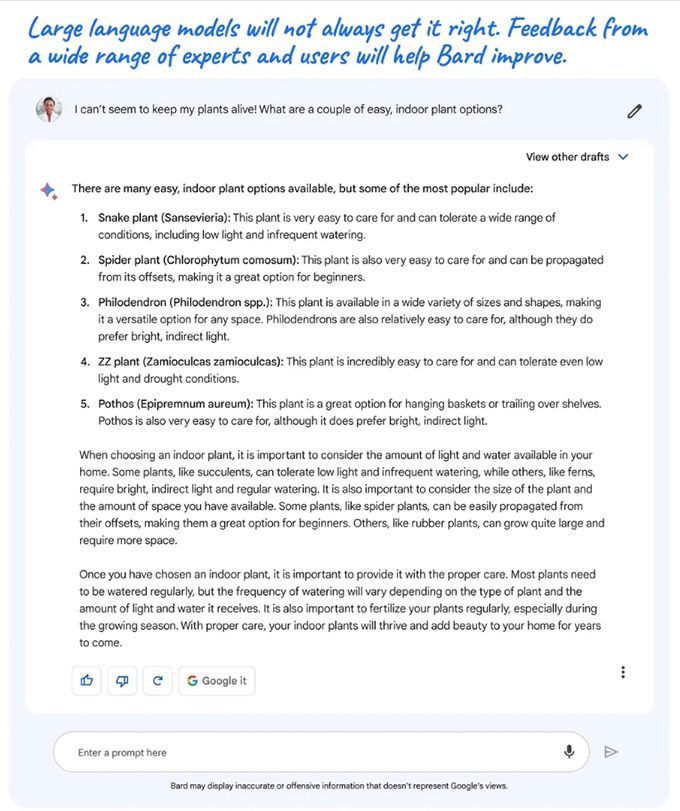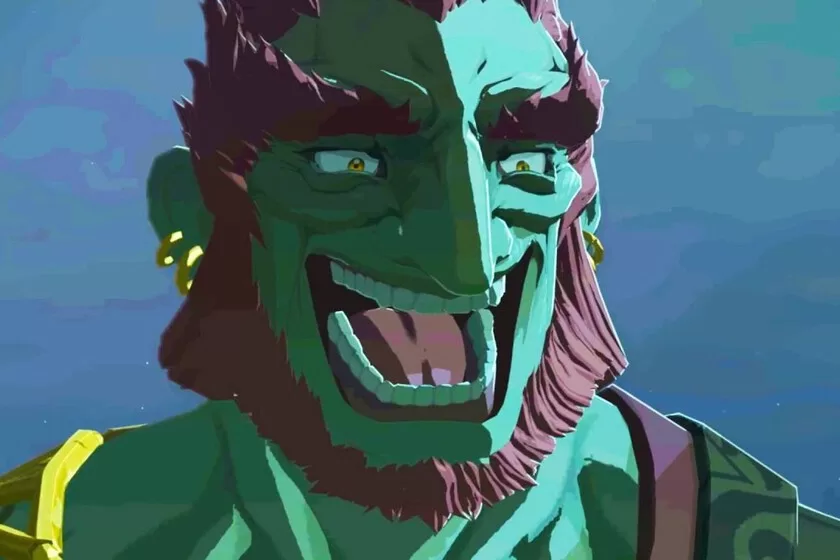Google is already months behind, but now they have finally slowly started the launch of their chatbot Bard. However, it seems that search giant Google is taking it very cautiously.
So what is Bard? Google describes it as a “complement to Google search” in its blog posts. Google revealed the Bard chat already in February, and then also pointed out that it will be based on a different language model than, for example, the ai chat in Bing. LaMDA (Language Model for Dialogue Applications) is the name of the model on which Bard is based.
If you’re wondering if Google is now making a serious attempt to take over chat-based searches, the answer is no, not yet anyway. Google’s whole approach seems rather toned down; the company seems content at the moment to just be in the game.
It’s pretty clear that Bard isn’t meant to take the world by storm, complementing Google’s search sounds very restrained given that Google already controls around 90 percent of the search market. Bard is very similar to the early versions of Bing’s ai chat: simple answers and help with generating ideas, that sort of thing. For example, we have no idea how long responses Bard can generate, or whether it will be able to handle the kind of creative responses that Bing and ChatGPT can generate. Bard, on the other hand, will let you choose an answer from a number of different “drafts” from which you can read a few sentences. Maybe a little cool?
If you do a search in Bard, you will get the option to “Google it”, to get even more answers. However, Bard has no references to where it gets its answers from.
Bard will also limit the number of responses. Early versions of Bing’s chats could get really weird, or downright hateful, when users had longer conversations with them. Bard doesn’t want to risk that kind of interaction and will therefore limit responses. Google says it’s to keep answers on topic.
Finally, Google seems very aware that their initial demonstration of Bard contained a factual error; the James Webb Space Telescope was not the first telescope to take a picture of a planet outside our solar system, something Bard claimed. In one example yesterday, Google specifically noted a search result where Bard was once again wrong.

But when Microsoft put image generation into Bing-ai, and Runway showed off ai-based text-to-video, it’s no wonder that Bard isn’t taking the world by storm right out of the starting pits.
In fact, Google doesn’t even categorize Bard as a product, but as an “experiment.” I really get the feeling that the search engine king Google may give up the throne, at least when it comes to AI.
At the moment, Bard is only available in English, but more countries and languages are coming later.
Translated and edited by Kristian Kask

